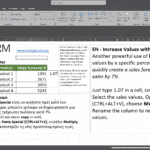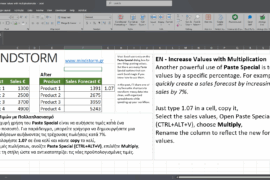Business Ownership, Base Rates, Debt & Credit Ratings
1. Business Ownership – Importance
Business ownership affects control, liability, taxes, profit sharing, ability to grow, and access to finance.
2. Types of Business Ownership
A. Sole Trader
– Owned by one person, simple to set up, full control.
– Unlimited liability, harder to raise finance.
B. Partnership
– 2–20 owners, shared workload and skills.
– Profit sharing, potential disputes, liability depends on type.
C. Limited Company (Ltd)
– Separate legal identity, limited liability, can raise more funds.
– More regulation and administration.
D. Public Limited Company (PLC)
– Shares can be publicly traded, raises large finance.
– High regulation, shareholder pressure.
3. Base Rate
– Interest rate set by central banks.
– High base rate: borrowing expensive, inflation falls.
– Low base rate: borrowing cheap, economy grows.
4. Debt
– Borrowed money to be repaid with interest.
Personal debts: student loans, overdrafts, credit cards, mortgages.
Business debts: bank loans, overdrafts, trade credit, leasing.
Risks: high repayments, possible bankruptcy, loss of assets.
5. Credit Ratings
– Score that measures repayment reliability.
– Affects borrowing access and interest rates.
– Individuals, businesses, and governments all have credit ratings.
One-Page Revision Summary
– Sole Traders: simple, owned by one person, unlimited liability.
– Partnerships: shared responsibility, possible disputes.
– Limited Companies: separate legal identity, limited liability, more regulation.
– PLCs: publicly traded shares, large-scale finance, high regulation.
– Base Rate: controlled by central bank, influences borrowing.
* High rate = expensive loans, lower inflation.
* Low rate = cheaper loans, more spending.
– Debt Types:
* Personal: mortgages, loans, credit cards, overdrafts.
* Business: overdrafts, bank loans, trade credit, leasing.
– Credit Ratings:
* Affect ability to borrow and interest rates.
* Poor rating = higher cost and reduced trust from lenders.
Key idea: Financial decisions are influenced by interest rates, debt level, and ownership structure.
Short Quiz Questions
- What is unlimited liability?
- Name two advantages of a sole trader.
- What happens to borrowing costs when the base rate increases?
- Give one difference between a Limited Company and a Sole Trader.
- Why are credit ratings important for businesses?
Quiz Answers
- The owner is personally responsible for all debts of the business.
- Full control and all profits belong to the owner.
- Borrowing becomes more expensive.
- A Limited Company has limited liability and is legally separate from its owners.
- A poor credit rating increases interest costs and makes it harder to borrow.




Comments are closed.